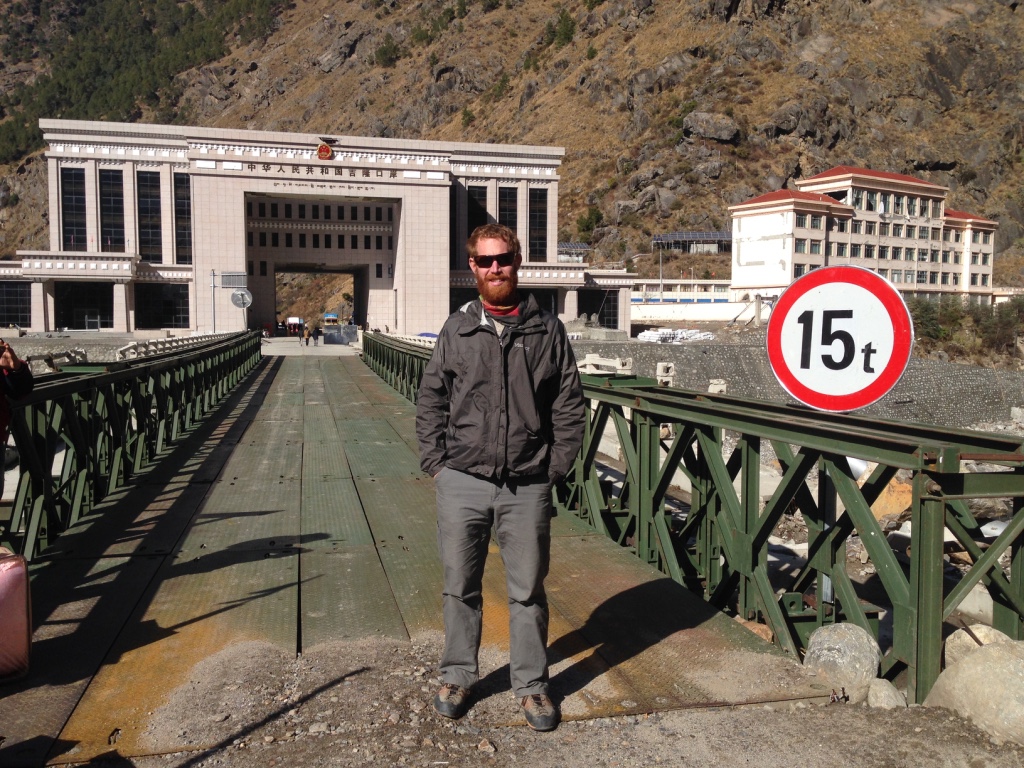
Abstract
This study examines the trajectory and recent acceleration of Chinese aid to Nepal and the geopolitical implications and social constraints generated by this aid relationship. Across Nepal but particularly in northern borderland districts, Kathmandu accepts and leverages Chinese aid for its own state-making purposes. In return, Beijing increasingly gains soft power in Nepal, political influence that it wields over Tibetan exile populations and as access rights to hydropower and extractive industry development. In this presentation, I argue that Nepali state-making tends to happen in two, complimentary modes – the physical dimensions of infrastructure that undergird state formation and the discursive grounds of legitimacy that are fundamental to national claims of state making and development, articulated in Nepal as bikas. Situating my analysis in the wake of the 2015 Nepal earthquakes and increasing global attention to Beijing’s One Belt One Road Initiative (OBOR), I analyze Chinese interventions in Nepal in three key contexts: 1) Nepal’s earthquake emergency and geopolitical humanitarianism; 2) Chinese aid to Nepal and the routes of relief; and 3) ethnic geopolitics and extra-territoriality related to the 2015 Joint Agreement between Nepal and China. In so doing, I show that China’s increasingly prominent role in Nepal advances Nepali state formation while it also addresses Beijing’s own energy, economic, and security interests abroad.

